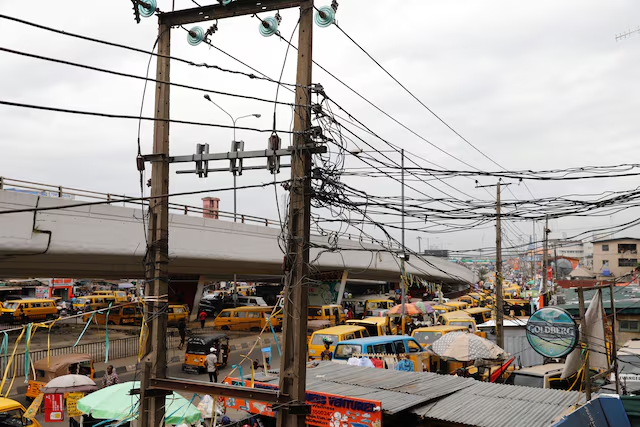⚡ Decentralizing Power: States Take the Helm
- Electricity Act 2023
Signed by President Tinubu on June 6, 2023, this new law repeals the 2005 EPSRA and empowers states, as well as companies and individuals, to generate, transmit, and distribute electricity within their jurisdictions—though interstate distribution remains exclusively federally regulated - Seven States Leading the Way
Lagos, Enugu, Osun, Akwa Ibom, Rivers, Delta, and Kogi have formally commenced implementation by enacting state-level electricity market frameworks. These measures unlock state licensing of mini-grids, embedded systems, and independent distribution networks—effectively decentralizing the sector
🛠️ Federal Pause: Pilot First
- Regulatory Oversight Temporarily Halted
The Power Minister, Adebayo Adelabu, announced a temporary halt on further state regulatory transfers. The reason? Ensure a pilot approach, starting with a few states, to prevent regulatory fragmentation and market immaturity. States must also demonstrate capacity for tariff management, infrastructure upkeep, and coordination with federal systems
📊 Benefits & Challenges
- Boosting Local Investment
Experts believe state control can spur localized investment, attract private capital, and enhance grid reliability. States can tailor policies, enacting licensing rules, tax breaks, and mini-grid incentives—opening doors for public-private partnerships and community energy initiatives - Concerns Over Capacity
Stakeholders warn that many states lack the technical expertise, regulatory capacity, and financial resilience to pick up the slack—raising concerns about tariff sustainability, enforcement, and market stability
🔍 What to Watch Next
| Watchpoint | Description |
|---|---|
| Pilot Outcomes | Monitor developments and effectiveness in the initial seven states. |
| State Capacity Building | Observe how NERC will support and build competencies in state regulators. |
| Expansion Plans | Track when and how other states formalize their electricity laws to join. |
✅ Bottom Line
Tinubu’s Electricity Act marks a key shift from centralized power to a state-led strategy in Nigeria. With seven pioneering states demonstrating early steps, the federal government is wisely pacing broader rollout, focusing first on solid piloting and ensuring regulatory maturity. This approach offers long-term promise—if states can build the necessary expertise and financial robustness.
Let me know if you’d like to dive deeper into any state’s progress, NERC’s role, or the pilot program’s performance!




















